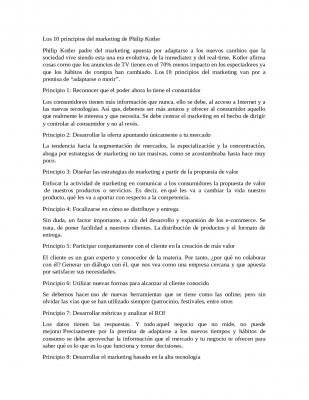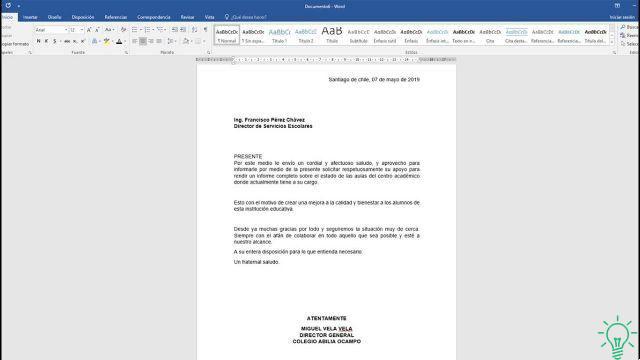Job search anxiety and stress can lead to major depression. In this case, cognitive behavioral therapy is the one that most helps us to change our attitude. Anxiety and stress related to looking for work can lead to major depression. In this case, cognitive behavioral therapy is the one that most helps us to change our attitude.

Written and verified by the psychologist GetPersonalGrowth.
Last update: 15 November 2021
Sometimes the simple fact of preparing the Curriculum Vitae produces anxiety. Job search stress is not unmotivated, often not receiving any feedback or response makes us fall into a state of complete helplessness. Low expectations and uncertainty amplify this suffering.
When looking for information on unemployment-related stress and anxiety it is common to find tips on how to successfully pass an interview. Good tips that help keep your nerve when selecting are always helpful, however, there is a more overlooked, but much felt aspect.
We are talking about depression or other mood disorders related to unemployment or the inability to find work.
This is not too surprising. Studies such as the one conducted by Barbara J. Jefferis of University College London confirm this unemployment and frustrated job search as a direct cause of major depression.
The first alarm bell of this condition occurs when the simple act of having to fill in our data becomes a cause for stress. Let's see in detail what it is.
Job search anxiety and stress, a common reality
It is normal for looking for a job to cause some anxiety and stress. Those who have just finished their studies warn them and find themselves filling out a Curriculum Vitae in which training is more important than experience. Even those who, more mature and with more experience, find themselves thrown into a chaotic, oppressive and full of uncertainty scenario test them.
The rush to the few available jobs often makes us stop in eternal antechambers, waiting for an opportunity to be offered to us. The University of Chicago conducted a multi-year study on a sample of 282 people. The data that emerged confirms that what you know or can do ”matters less than“ who you know ”in getting a job.
This sad reality alone is capable of throwing us into helplessness and despair. It is therefore very common that the search for a job, regardless of the age or training of the candidate, is experienced with a high load of stress. The passing of time, the phone not ringing, and failures fuel frustration and intensify anxiety.
Indicators associated with job search stress
Let's see what behaviors, thoughts or situations characterize those suffering from anxiety and job search stress:
- Lack of confidence in any job offer, written or received.
- Feeling of uncertainty more and more difficult to face or bear.
- Tendency to postpone sending the Curriculum.
- Anxiety in filling out job application forms.
- Demotivation when it comes to participating in a selection process, due to previous failures.
- One gradually begins to doubt one's professional and personal abilities.
- Often not even the environment helps. Family and friends can project little hope and negativity into job seekers.
How to overcome job search stress?
We start from the principle that we are all competent, valid and deserve not only a job, but a good job. We could certainly say that we need to be creative, that instead of looking for a job we should offer our resources and our ability to innovate, that we need to create work and not look for it. All good ideas, which however collide with a very different reality.
How is it possible to give the best of ourselves if we are not psychologically well? The constant disappointments add up and create a tunnel from which it is difficult to see the light. In these cases, the magic formulas are not valid: professional and specialized help counts more.
Cognitive behavioral therapy allows us to refocus our inner dialogue, to break with pessimism and alleviate the feeling of failure. It also helps us to develop the best skills to create new behaviors, attitudes with which to face the job market with more ideas, strength and fighting spirit.
Along with psychological support, it is always good to internalize some simple but powerful ideas:
- Negative thoughts hold back opportunities.
- It is necessary to change your mental attitude.
- We need to take care of ourselves, nourish ourselves: sport, reading, good food are essential.
- It is equally essential to be able to count on good social support, avoiding the people who oppress us with their pessimism and defeatism.
- Mindfulness can also be a good tool to develop full attention, to better manage our emotions.
Last but not least, to combat job search stress, you need to be creative and proactive. Sometimes in the darkest moments the brightest ideas and projects are born.

























